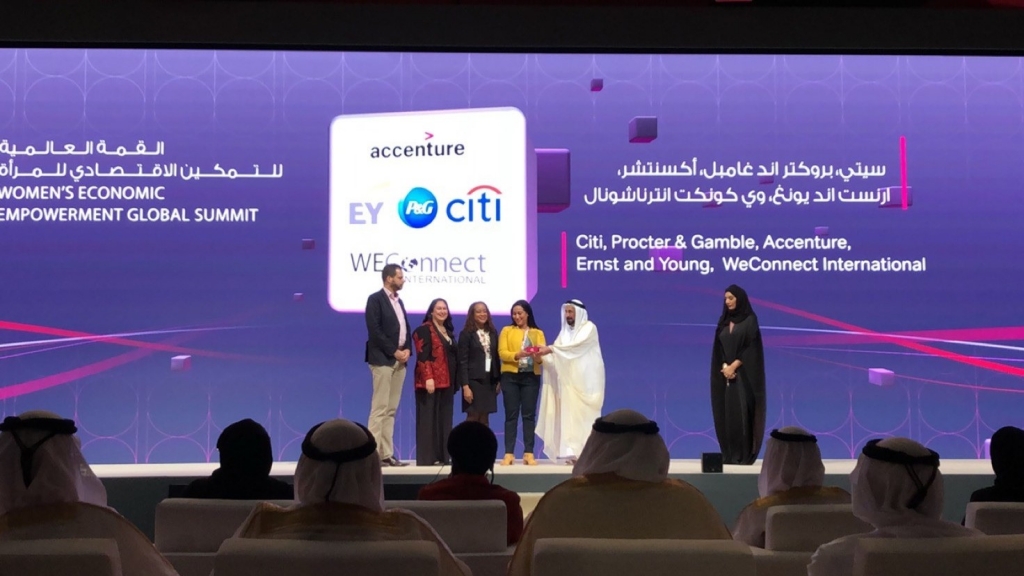
Procter & Gamble to Source US$100 million from Women-Owned Businesses
Procter & Gamble (P&G) has committed itself to sourcing US$100 million from women-owned businesses across the developing world. This pledge will be undertaken in partnership with UN Women and WEConnect International, and aims to promote women-led entrepreneurship across the developing world, including in the Middle East.
“To achieve the balanced, peaceful and prosperous world we want, women need to be in control of their own livelihoods and lives, have money in their pockets, and opportunities ahead of them. As part of making this possible, the private sector can make intentional choices in how its sources its suppliers and open up new channels of business to women entrepreneurs. By making positive choices in the identification of suitable women suppliers and continuing to support them, companies can achieve inclusive and gender-responsive supply chains at all levels. The Summit is highlighting excellent examples for other businesses to follow, making women’s businesses a priority in supply chains and fast-tracking inclusive prosperity, with benefits for all,” commented Phumzile Mlambo-Ngcuka, UN Under-Secretary-General and Executive Director of UN Women.
This initiative to promote diversity and inclusion in P&G’s global supply chain builds on a series of measures announced in February 2017 that are supporting greater gender equality across the Indian subcontinent, Middle East and Africa region. P&G is working to remove gender bias in advertising, both for P&G brands and the advertising industry in general, and help keep girls in school in Nigeria, Tanzania, Kenya, South Africa and the Indian subcontinent.
As part of this push, P&G, WEConnect International and UN Women will hold a series of supplier workshops to educate suppliers on the impact that a more diverse and inclusive supply chain can have for regional economies and local communities. The first workshop is to be held at the Women’s Economic Empowerment Global Summit in Sharjah this week, in partnership with Citi.
“We believe in the power of economic inclusion,” explained Mohamed Samir, President for the Indian Subcontinent, Middle East and Africa at Procter & Gamble. “Investing in women entrepreneurs and women-owned businesses makes sense for the economy, the community and for us. Everyone benefits and that’s why we want to encourage women’s economic empowerment.”
Women and minority-owned companies represent more than 32% of the total small business population globally; their number is estimated to be between eight and ten million companies in developing countries. Key to P&G’s aim of sourcing US$100 million from women-owned businesses will be the success of the company’s Women’s Business Development Programs; over the past year P&G has launched initiatives in Turkey, Mexico, China, South Africa, and Nigeria to promote greater diversity and inclusion amongst suppliers.
“By committing a percentage of our spending to minority and women-owned businesses, we’re not only doing the right thing for the company, but we’re also being socially responsible. The impact of our spending with minority and women-owned businesses helps to stimulate economic growth in communities who are often overlooked, which in turn promotes job creation and further opportunities,” concluded Samir.

























